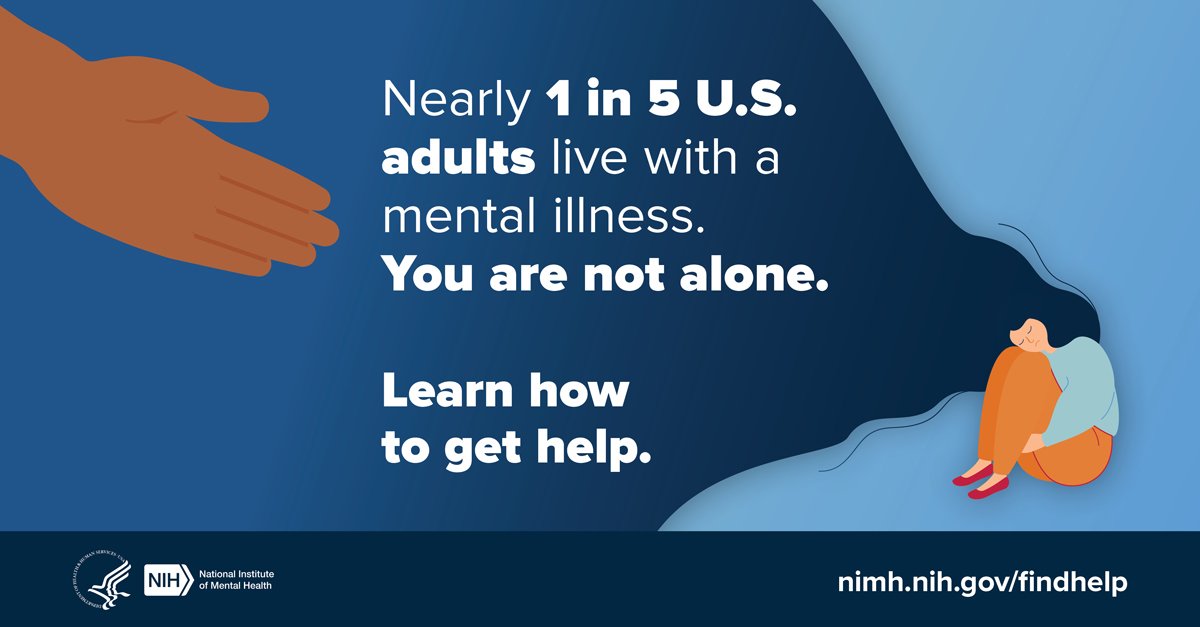- The Healthy Buck
- Posts
- Crisis Response Map: Fast Steps for Diabetes, Heart, and Mental Health Emergencies
Crisis Response Map: Fast Steps for Diabetes, Heart, and Mental Health Emergencies
Your Quick-Reference Guide to Recognizing and Responding to Common Health Crises
Emergency Links
Emergency Steps for Common Health Conditions
Diabetes Emergencies
If you have diabetes, be prepared:
Stockpile essential supplies: Insulin, oral medications, testing strips, snacks, and important paperwork.
Monitor blood sugar frequently. If you experience symptoms of low blood sugar (hypoglycemia) (shakiness, sweating, confusion):
Use the 15-15 rule: Eat 15 grams of fast-acting carbs (e.g., 4 oz juice, glucose tablets), wait 15 minutes, and recheck your blood sugar.
Repeat if blood sugar remains below 70 mg/dL.
If you pass out or cannot swallow: Someone should administer glucagon (if available) and call emergency services immediately.
For severely high blood sugar: Seek medical attention. In an emergency setting, medical staff will check your airway, oxygen, heart, and blood sugar, and look for causes like infection or missed medication.
If you evacuate to a shelter: Inform staff about your diabetes and any special needs (e.g., insulin storage, dialysis)1.
Plan ahead: Keep a list of local clinics and pharmacies, and know where to find diabetes care in emergencies.
Hypertension (High Blood Pressure) Emergencies
If you have hypertension:
Monitor your blood pressure regularly.
In a hypertensive emergency (very high blood pressure with symptoms like chest pain, shortness of breath, confusion, or vision changes):
Call 911 immediately.
Do not try to lower your blood pressure suddenly at home. Emergency care may involve intravenous medications and close monitoring.
Preventive steps: Maintain a healthy diet, exercise, manage stress, and follow your medication plan.
Team-based care: Work with your healthcare team for ongoing management and to reduce risk of emergencies.
Heart Attack
If you or someone else has symptoms of a heart attack (chest pain, pressure, shortness of breath, pain in arm/jaw/back, nausea, or fainting):
Call 911 right away.
If the person is unresponsive and not breathing: Start CPR if you are trained, and use an AED (defibrillator) if available. Follow dispatcher instructions until help arrives.
Do not drive yourself to the hospital.
Chew and swallow an aspirin (unless allergic) while waiting for EMS.
Emergency responders will provide advanced care and transport to the hospital.
Anxiety or Panic Attack
If you experience a panic or anxiety attack:
Find a safe, quiet place to sit.
Focus on slow, deep breathing: Inhale for 4 seconds, hold for 4, exhale for 4.
Remind yourself that the attack will pass.
If symptoms are severe or you feel unsafe, call a trusted friend or a mental health helpline.
If you have a mental health plan, follow your provider’s instructions.
If you have thoughts of self-harm or suicide, call 988 immediately for support.
Mental Health Emergencies
If you or someone you know is in a mental health crisis:
Call or text 988 for the Suicide & Crisis Lifeline (free, confidential, 24/7)89.
For disaster-related distress: Call the Disaster Distress Helpline at 1-800-985-5990.
If you are at a shelter, ask for a mental health worker.
Continue your medication and treatment plan.
Reach out to friends, family, or support networks.
Take breaks from news and social media to reduce stress.
Disclaimer
This newsletter is for informational purposes only and is not a substitute for professional medical advice, diagnosis, or treatment. We are not affiliated with the linked organizations or websites. Always seek the advice of your physician or other qualified health provider with any questions you may have regarding a medical condition. In an emergency, call 911 or your local emergency number immediately.
Use the links provided in each section as your direct resource for more information and emergency contacts. Stay prepared and informed!


